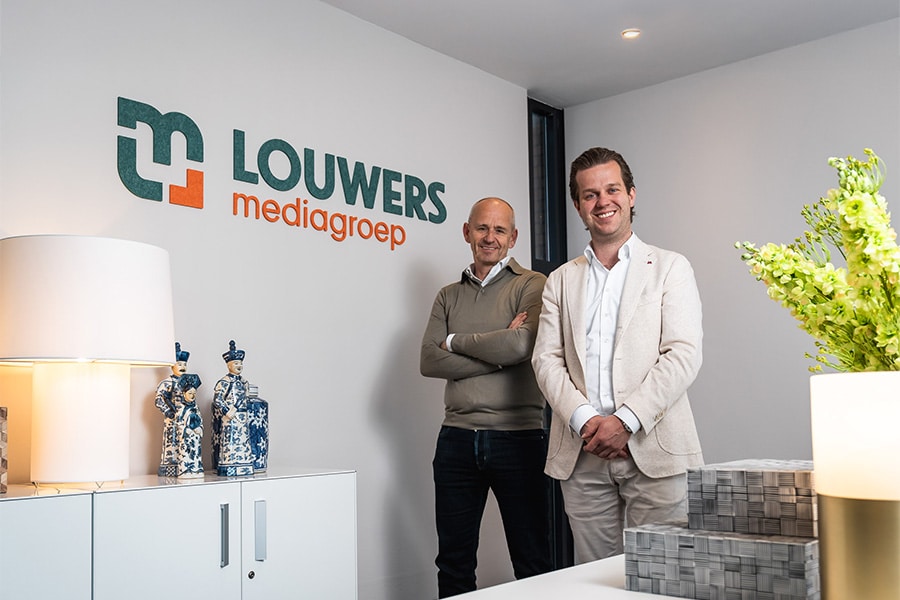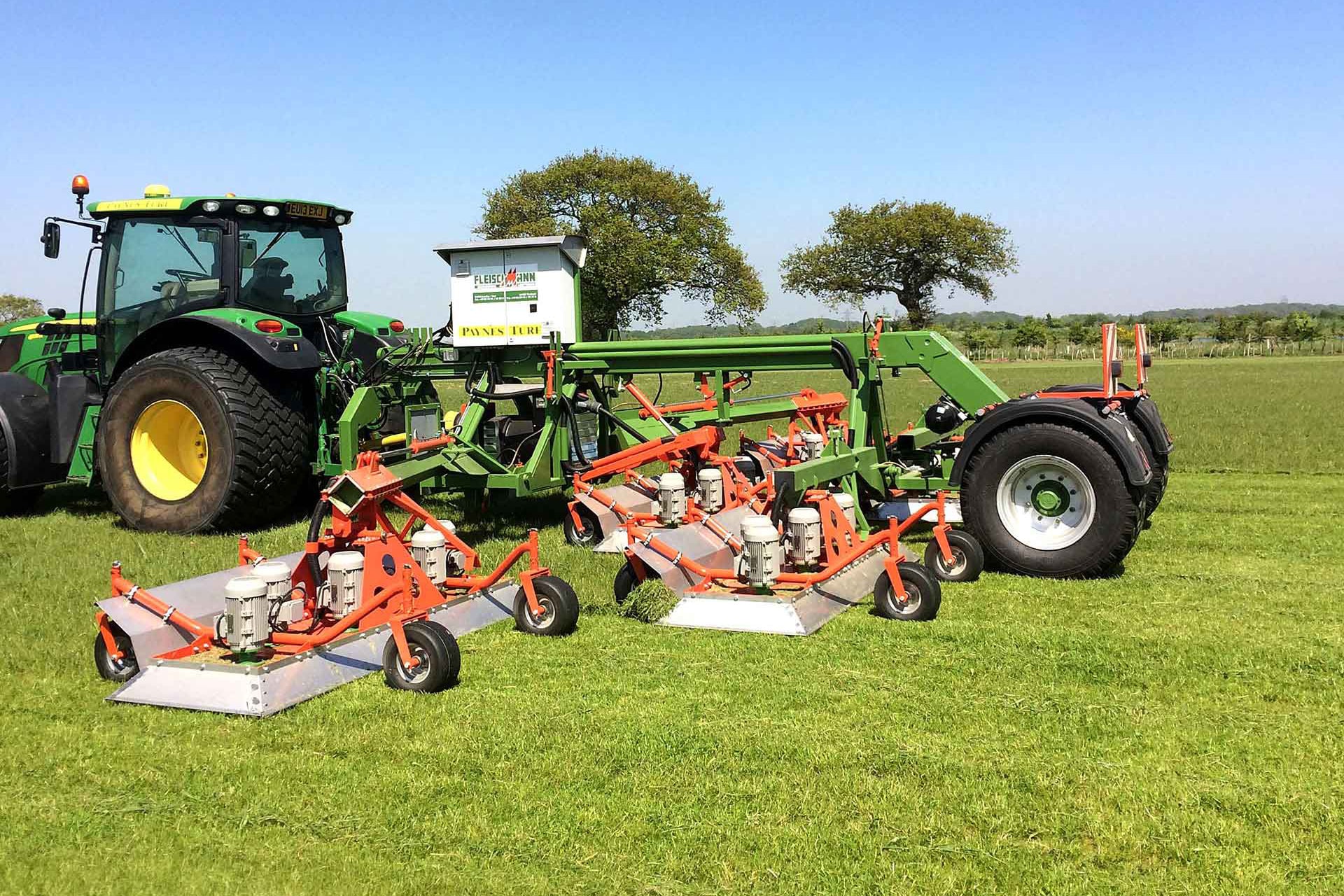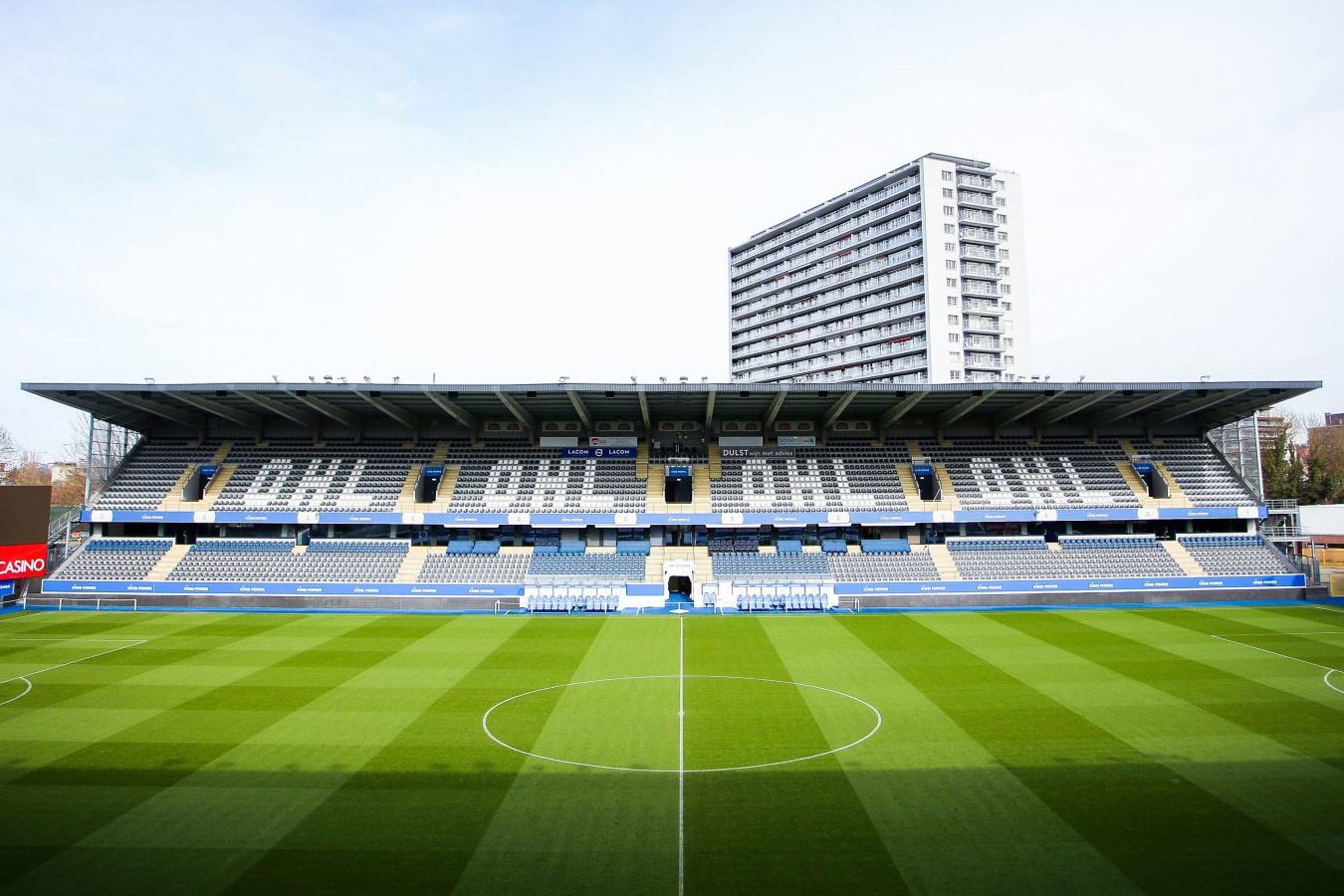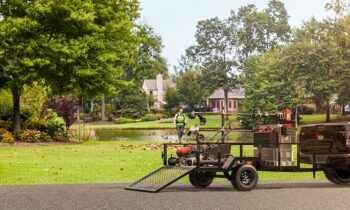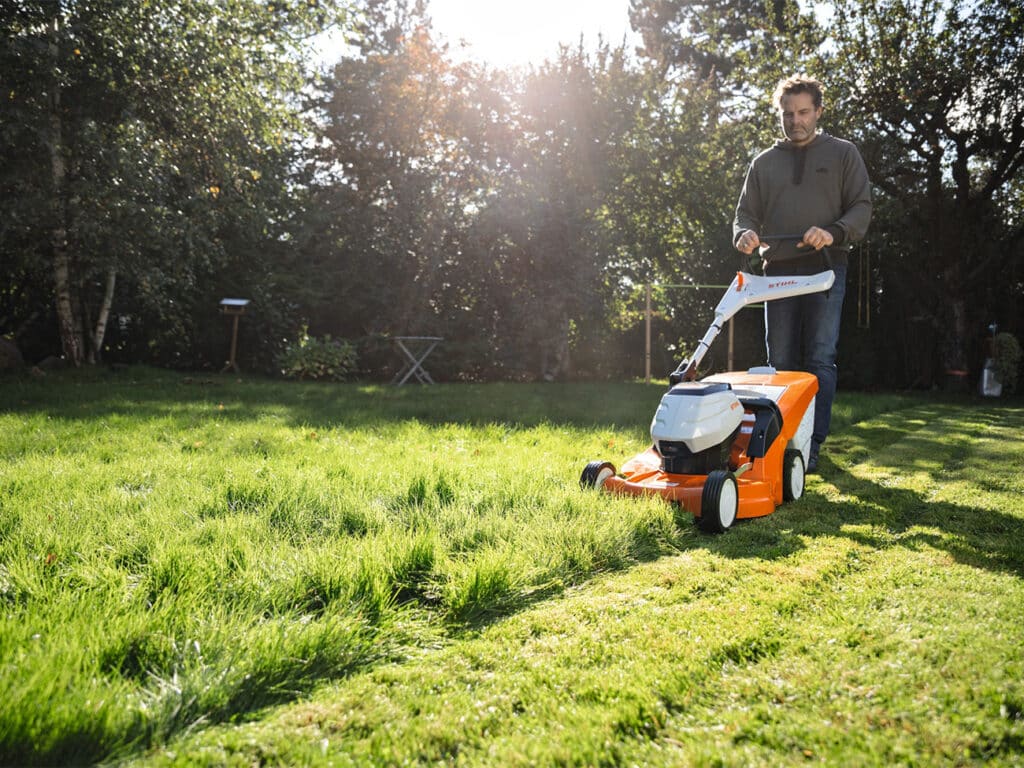
LAWN MOWERS: WHAT WILL THE FUTURE BRING?
Manufacturers and distributors of (professional) lawn mowers face a lot of new trends, developments and challenges. From self-propelled mowers to zero-emission, from scarce components to circular applications... How do specialists in the field assess these factors? We gauged the views of Jo De Brauwer (Managing Director, Vandaele Konstruktie nv), Lieven Beyl (Group Sales & Marketing Director, Cofabel nv), Luk Hendrickx (Product Manager, Andreas Stihl nv) and Johan Surkyn (Manager Finance, Sales & Administration, The Toro Company).
Wide range of challenges
When asked what the biggest challenges are when it comes to the development, production, delivery and maintenance of lawnmowers, the four experts are unanimous in their assessment: the scarcity of raw materials and components, rising prices, long delivery times and difficult-to-fill vacancies cause a lot of headaches in the industry. "Also an unstable legislative framework and the lack of a hands-on mentality do not make the job any easier," confirms Jo De Brauwer.
In addition to these general challenges, Lieven Beyl refers to some specific issues: "In the professional segment, we see an increasing demand for electric machines, yet this increase is not as big as in the private market. The intensive use of professional mowers still seems to be a limitation to getting started with batteries. At the same time, I predict that the increasing use of batteries in (trucks) cars and other vehicles will put further pressure on raw material shortages and prices for the production of electric lawnmowers. And if I may mention one final challenge: reducing noise pollution - for example, on golf courses - is also a focus for professional use of mowers."
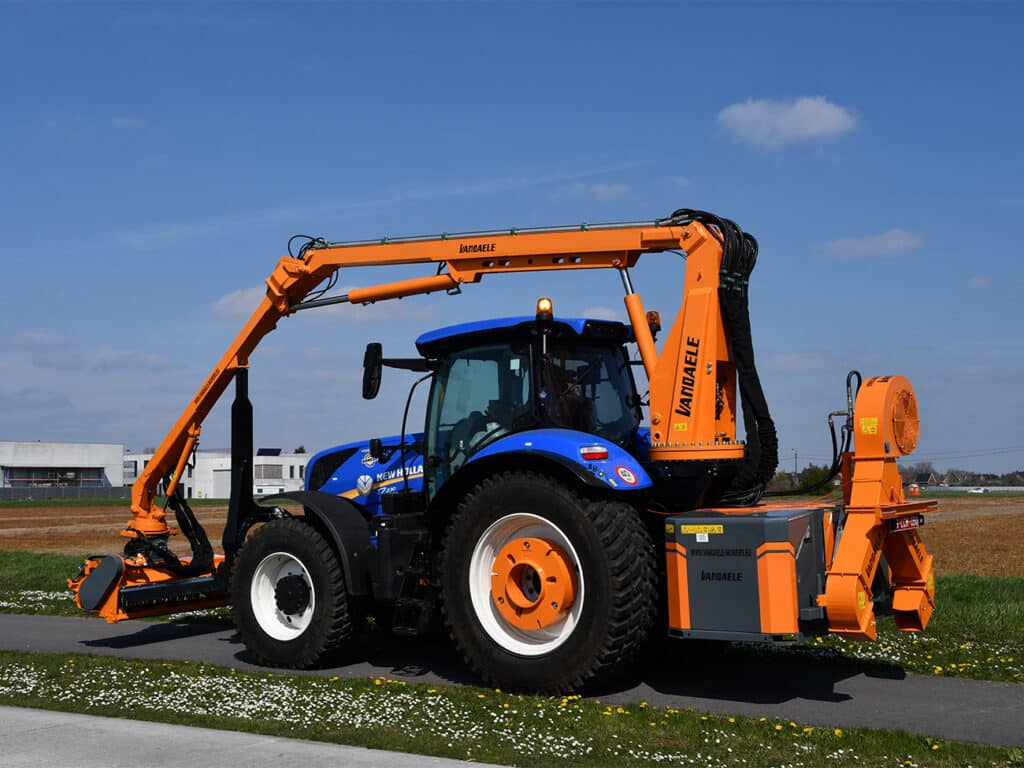
Focus on sustainability
As in other industries, lawn mower manufacturers are putting sustainability high on the agenda.
Jo De Brauwer takes the lead: "Sustainability has long been an absolute priority in the development and product optimization of mowers. We see this agenda item, which incidentally goes hand in hand with the aspects of low maintenance and low maintenance, as a total concept, without any compromise in terms of performance or functionality. I see a direct ecological impact through the most efficient power conversion, the use of appropriate software, the use of biodegradable consumables - such as bio-oil - and making wear parts more resistant or limiting them. For an indirect ecological impact, I refer to the extended life and end-of-life recycling of mowers, and the use of green energy in production."
Lieven Beyl adds: "If we look at smaller lawn mowers for individuals, we see more and more an evolution towards battery engines. However, I would note that the transport of batteries - which are not always manufactured in the same place as the assembly plants - is still an environmental factor that is too burdensome. So on that point there is still work to be done."
Luk Hendrickx also cites the switch from gasoline mowers to battery and robotic mowers: "CO2 emissions are decreasing year after year. Also in our own production processes we aim for the lowest possible ecological footprint. Our factories are being equipped so that they need less and less energy or are self-sufficient. And as Jo pointed out, circularity is becoming the future, both in the production process and in the recycling of mower parts."
Johan Surkyn confirms these action points and complements them with some concrete applications from The Toro Company: "Sustainable energy use starts with optimizing the amount of energy for the task for which a mower is used. With our Toro Smart Power Technology, operators can automatically adjust a mower's engine speed depending on mowing conditions. Or again: with our Toro MyTurf software, we offer our professional customers the opportunity to flexibly adjust their fleet of mowers as needed."
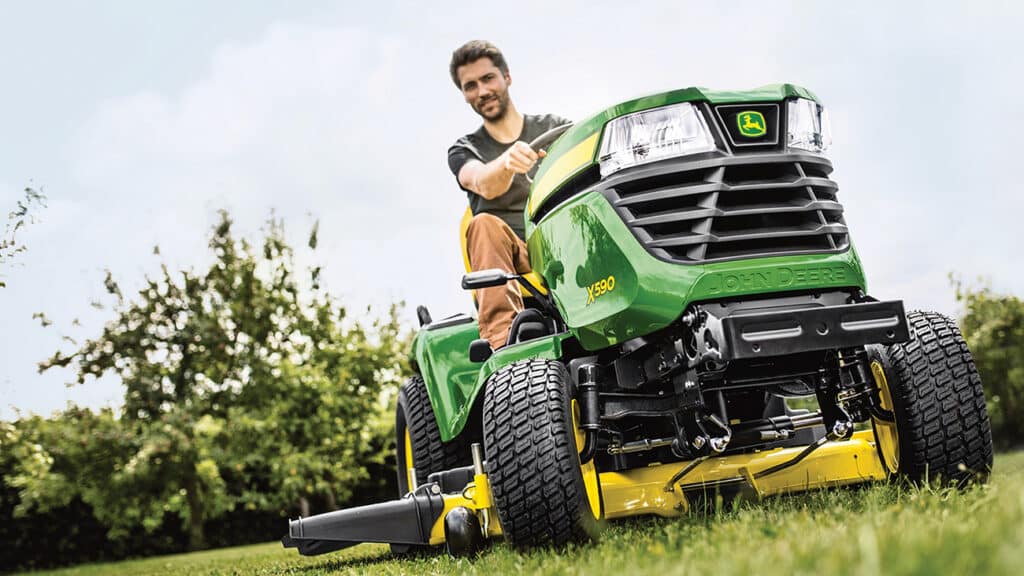
Next breakthroughs
Which (technical) developments will continue to break through in the coming years, according to our panel? According to Johan Surkyn, the European Green Deal - combined with national legislation - puts a lever under the breakthrough of electric mowers. "The use of batteries will continue to increase. With increasing supply from manufacturers, prices will continue to fall. I also see the use of self-propelled and tele-guided professional mowers increasing."
Luk Hendrickx confirms this prediction ("the decline of gasoline mowers is irreversible"), supplemented by "more automation, robotics and connectivity, including smarter fleet management and the application of Internet of Things."
According to Lieven Beyl, professional users of mowers are asking for strong batteries that are easier to handle and have a longer service life. "Through thorough research and development, we are on our way to modern and user-friendly batteries, which are attracting more and more customers over the line of sustainability. In addition, I am betting high on hydrogen as an interesting fuel for mowers, professional or otherwise. Research into hydrogen is in full swing. I am curious to see how this will evolve further."
"Last but not least, I confirm Johan's statement about the rising popularity of self-propelled mowers. In the private sector, these robots are already very well established and sales figures show positive trends. But there are also interesting areas of application in the professional world, such as mowing larger areas (think golf and sports grounds). Self-propelled mowers are an ideal solution for getting fields ready for recreation at night or in the morning, AND they are a solution to the lack of staff that sports clubs are facing."
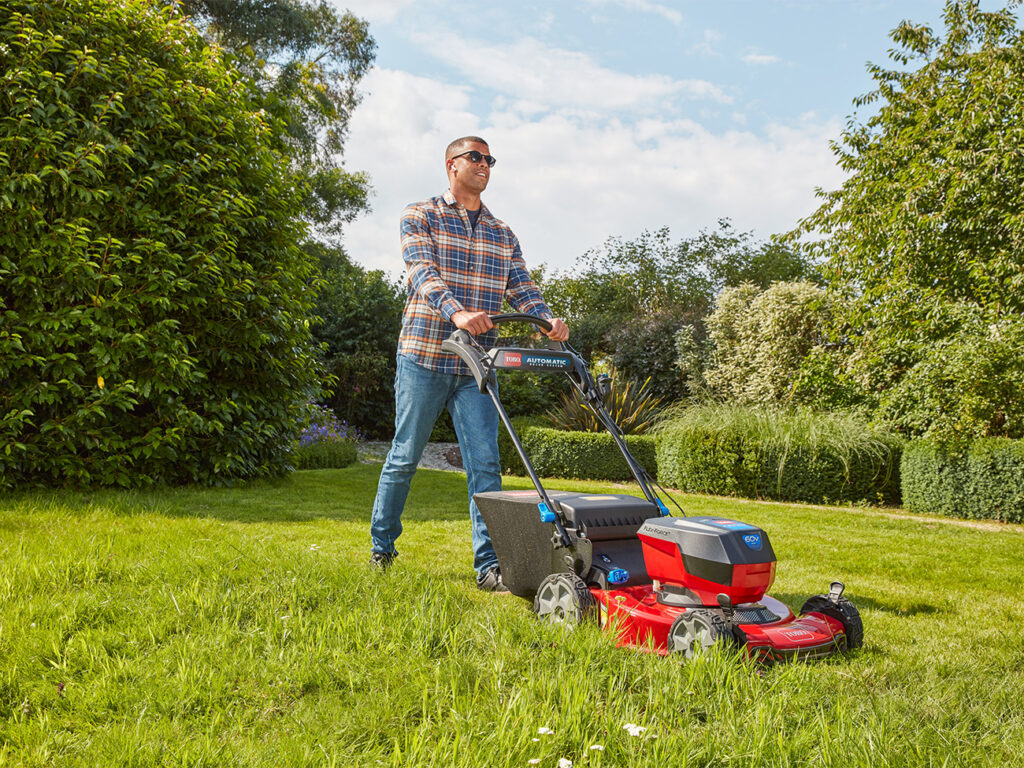
Zero-emission
Does zero-emission lawnmowers have the wind in their sails? Absolutely! Our experts explain.
Lieven Beyl: "The green sector has every opportunity to evolve towards zero emissions. CO2 emissions can be addressed by the evolution towards batteries and hydrogen. Within our John Deere factories, we have been pursuing a zero-emissions policy for several years, with the use of solar panels and wind energy and continued efforts to green our production processes."
"The development of ever larger batteries will give us as manufacturers the ability to build larger mowers," adds Luk Hendrickx. "And with the advent of better connectivity, fantastic opportunities also arise to bring fully autonomous mowing systems to market."
As a manufacturer of roadside mowers, Jo De Brauwer tempers expectations somewhat: "Our mowers are and will remain dependent on the tractor. Today and in the medium term, I don't see an alternative power source to the internal combustion engine, except perhaps hydrogen."
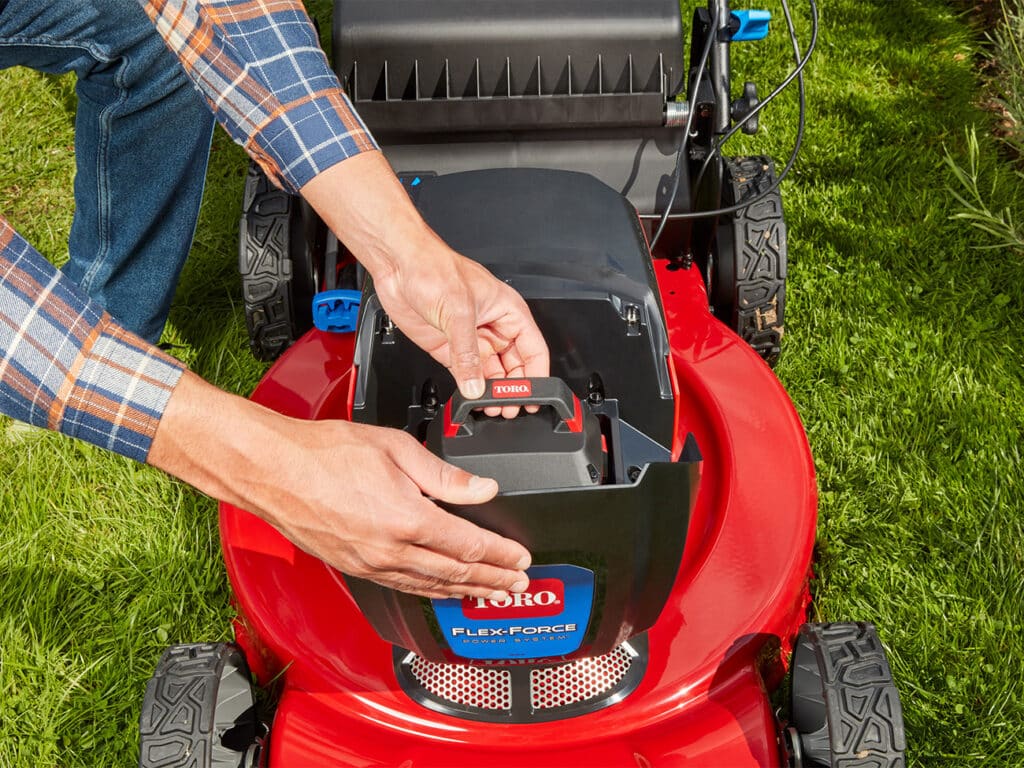
Wishes and needs of professionals
Because of the rapidly evolving technology in lawnmowers, the needs and wishes of (professional) customers are also changing rapidly. What wishes do they have today when using mowers?
Luk Hendrickx cites three aspects: "First, we see an increasing demand for large, solid machines. There is also a greater need for connectivity and fleet management. Finally, customers want a clear view on emissions so they can map their own carbon footprint."
Jo De Brauwer sees the same points: "For most of our customers, powerful and robust machines remain high on the wish list. Yet we see - for example, in public services - an increasing interest in ecologically friendly machines. However, both perceptions need not be contradictory. With Vandaele Konstruktie, we develop mowers with maximum efficiency in terms of power. One customer experiences less fuel consumption from the advantage of lower costs, while another customer links lower consumption with less pollution."
Lieven Beyl then puts a different emphasis: "For professional customers, every minute of working time counts. They strive for minimal downtime of their machines. With Cofabel, we offer 24/7 service and provide, for example, replacement machines and fast service. In addition, we also see potential in offering wide cutting decks and faster machines to make labor time as profitable as possible in this way as well. Finally, I refer again to the advance of self-propelled mowers among professional customers, which offer interesting opportunities to reduce personnel costs."
